Filter by

Alexander Williamson :a victorian chemist and the making of modern Japan
Alexander Williamson was professor of chemistry at UCL (1849–87) and a leading scientist of his time. He taught and cared for visiting Japanese students, thereby assisting them with their goal of modernising Japan. This short, accessible biography explores his contribution to nineteenth-century science as well as his lasting impact on Japanese society. In 1863 five students from the Chōsh…
- Edition
- -
- ISBN/ISSN
- 9781787359314
- Collation
- xiii, 133 p. ill;
- Series Title
- -
- Call Number
- 540.92 ALE H
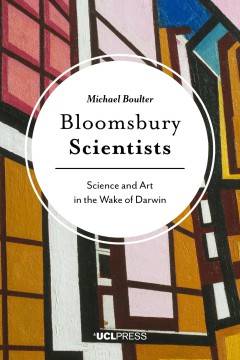
Bloomsbury scientists :science and art in the wake of Darwin
Bloomsbury Scientists is the story of the network of scientists and artists living in a square mile of London before and after the First World War. This inspired group of men and women viewed creativity and freedom as the driving force behind nature, and each strove to understand this in their own inventive way. Their collective energy changed the social mood of the era and brought a new synthe…
- Edition
- -
- ISBN/ISSN
- 9781787350045
- Collation
- xiv, 198 p. ill;
- Series Title
- -
- Call Number
- 509.420904 BLO M
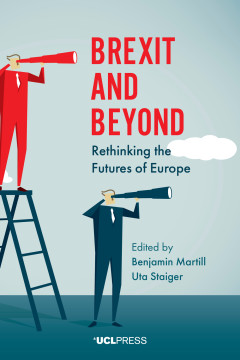
Brexit and beyond :rethinking the futures of Europe
Brexit will have significant consequences for the country, for Europe, and for global order. And yet much discussion of Brexit in the UK has focused on the causes of the vote and on its consequences for the future of British politics. This volume examines the consequences of Brexit for the future of Europe and the European Union, adopting an explicitly regional and future-oriented perspective m…
- Edition
- -
- ISBN/ISSN
- 9781787352759
- Collation
- xv, 291 p.
- Series Title
- -
- Call Number
- 341.24220941 BRE B
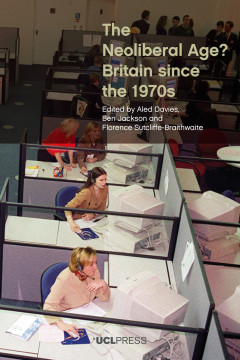
The neoliberal age? :Britain since the 1970s
The late twentieth and early twenty-first centuries are commonly characterised as an age of ‘neoliberalism’ in which individualism, competition, free markets and privatisation came to dominate Britain’s politics, economy and society. This historical framing has proven highly controversial, within both academia and contemporary political and public debate. Standard accounts of neolibera…
- Edition
- -
- ISBN/ISSN
- 9781787356856
- Collation
- xvii, 398 p.
- Series Title
- -
- Call Number
- 320.5130941 NEO A
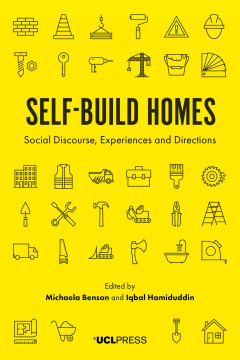
Self-build homes :social discourse, experiences and directions
Self-Build Homes connects the burgeoning interdisciplinary research on self-build with commentary from leading international figures in the self-build and wider housing sector. Through their focus on community, dwelling, home and identity, the chapters explore the various meanings of self-build housing, encouraging new directions for discussions about self-building and calling for the recogniti…
- Edition
- -
- ISBN/ISSN
- 9781911576877
- Collation
- xiii, 332 p. ill;
- Series Title
- -
- Call Number
- 338.47690809411 SEL M
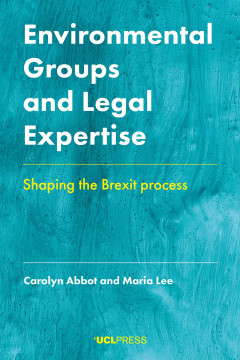
Environmental groups and legal expertise :shaping the Brexit process
Environmental Groups and Legal Expertise explores the use and understanding of law and legal expertise by environmental groups. Rather than the usual focus on the court room, it scrutinises environmental NGO advocacy during the extraordinarily dramatic Brexit process, from the referendum on leaving the EU in June 2016 to the debate around the new Environment Bill in the first half of 2020. T…
- Edition
- -
- ISBN/ISSN
- 9781787358584
- Collation
- xxi, 191 p.
- Series Title
- -
- Call Number
- 344.4046 ENV C
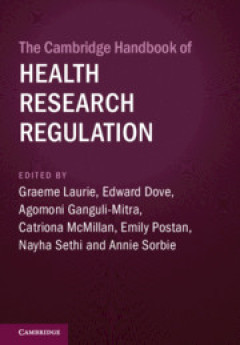
The Cambridge Handbook of Health Research Regulation
The first ever interdisciplinary handbook in the field, this vital resource offers wide-ranging analysis of health research regulation. The chapters confront gaps between documented law and research in practice, and draw on legal, ethical and social theories about what counts as robust research regulation to make recommendations for future directions. The Handbook provides an account and analys…
- Edition
- -
- ISBN/ISSN
- 9781108620024
- Collation
- xix, 444 p ; ill
- Series Title
- -
- Call Number
- 344.04196 CAM G
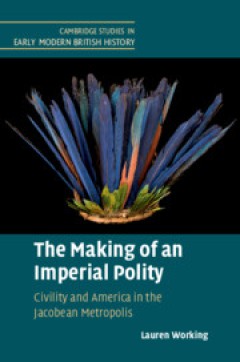
The Making of an Imperial Polity :Civility and America in the Jacobean Metrop…
Bringing to life the interaction between America, its peoples, and metropolitan gentlemen in early seventeenth-century England, this book argues that colonization did not just operate on the peripheries of the political realm, and confronts the entangled histories of colonialism and domestic status and governance. The Jacobean era is reframed as a definitive moment in which the civil self-prese…
- Edition
- -
- ISBN/ISSN
- 9781108625227
- Collation
- xiv, 270 p ; ill
- Series Title
- -
- Call Number
- 970.02 MAK L
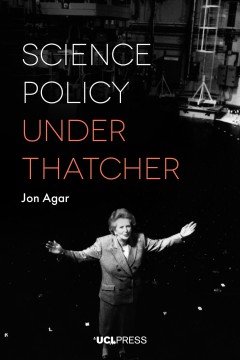
Science policy under Thatcher
Margaret Thatcher was prime minister from 1979 to 1990, during which time her Conservative administration transformed the political landscape of Britain. Science Policy under Thatcher is the first book to examine systematically the interplay of science and government under her leadership. Thatcher was a working scientist before she became a professional politician, and she maintained a close…
- Edition
- -
- ISBN/ISSN
- 9781787353411
- Collation
- viii, 304p.; ill.
- Series Title
- -
- Call Number
- 509.42 SCI a
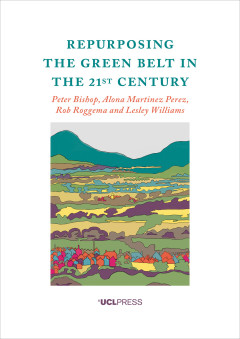
Repurposing the green belt in the 21st century
The green belt has been one of the UK’s most consistent and successful planning policies. Over the past century, it has limited urban sprawl and preserved the countryside around our cities, but is it still fit for purpose in a world of unprecedented urban growth and potentially catastrophic climate change? Repurposing the Green Belt in the 21st Century examines the history of the green bel…
- Edition
- -
- ISBN/ISSN
- 9781787358843
- Collation
- xiv, 185p.; ill.
- Series Title
- -
- Call Number
- 307.120941 REP b
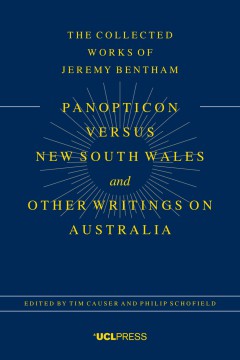
Panopticon versus New South Wales and other writings on Australia
The present edition of Panopticon versus New South Wales and other writings on Australia consists of fragmentary comments headed ‘New Wales’, dating from 1791; a compilation of material sent to William Wilberforce in August 1802; three ‘Letters to Lord Pelham’ and ‘A Plea for the Constitution’, written in 1802–3; and ‘Colonization Company Proposal’, written in August 1831, the…
- Edition
- -
- ISBN/ISSN
- 9781787359369
- Collation
- xvii, 491 p.
- Series Title
- -
- Call Number
- 365.3409944 PAN T
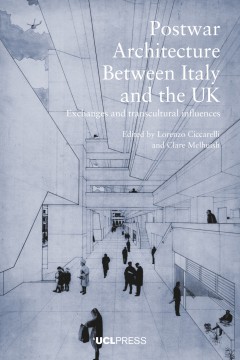
Post-war architecture between Italy and the UK :exchanges and transcultural i…
Italy and the UK experienced a radical re-organisation of urban space following the devastation of many towns and cities in the Second World War. The need to rebuild led to an intellectual and cultural exchange between a wave of talented architects, urbanists and architectural historians in the two countries. Post-war Architecture Between Italy and the UK studies this exchange, exploring how th…
- Edition
- -
- ISBN/ISSN
- 9781800080836
- Collation
- xi, 277 p. ill;
- Series Title
- -
- Call Number
- 724.6 POS L
 Computer Science, Information & General Works
Computer Science, Information & General Works  Philosophy & Psychology
Philosophy & Psychology  Religion
Religion  Social Sciences
Social Sciences  Language
Language  Pure Science
Pure Science  Applied Sciences
Applied Sciences  Art & Recreation
Art & Recreation  Literature
Literature  History & Geography
History & Geography